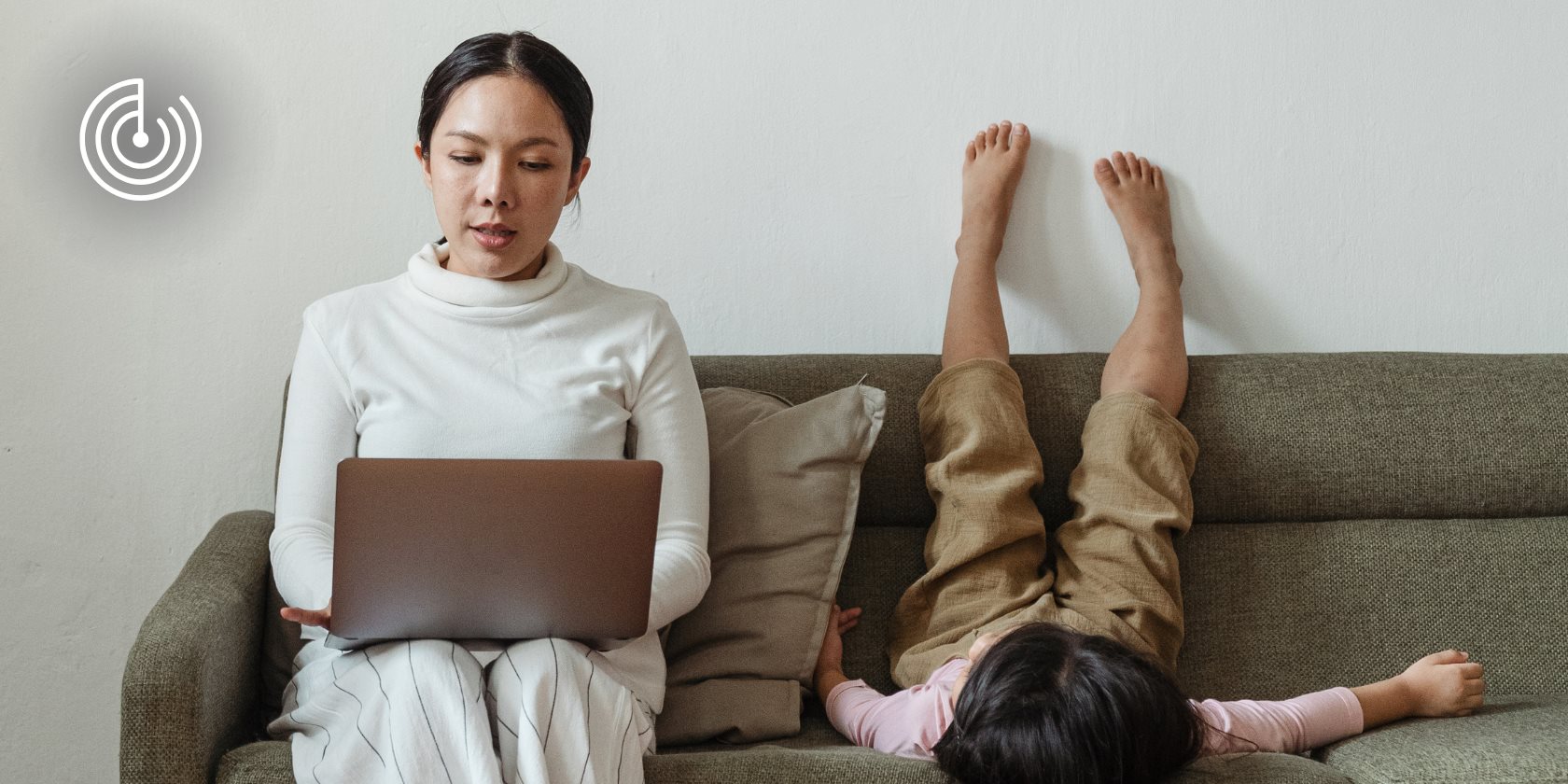
RESEARCH RADAR
“Can innovative work behaviour spur creativity while working remotely? The role of work–home conflict and social isolation” è uno studio che è stato pubblicato in Dicembre 2022 nella Management Research Review e che porta la firma di Guido Bortoluzzi (MIB Core Faculty), Matej Černe (MIB Visiting Faculty) e Grazia Garlatti Costa.
L'importanza di questo studio
Durante la pandemia di COVID-19, molti dipendenti sono passati al lavoro a distanza, con varie conseguenze per la loro vita familiare e lavorativa. Questo studio si concentra sui fattori che influenzano la loro creatività mentre lavorano da casa.Poiché la creatività individuale è plasmata dal contesto, gli autori indagano sul ruolo moderatore dell'ambiente domestico sui contributi creativi dei dipendenti durante il lavoro a distanza.
Si tratta di uno dei primi studi che si focalizzano sull'impatto del lavoro da remoto sulla creatività, con esiti che non sono più legati all'eccezionalità del contesto pandemico ma che assumo un valore molto più ampio, essendo ormai l'home-working il new normal in molte organizzazioni.
Autori
Grazia Garlatti Costa, Ph.D.Assistant Professor (Non Tenured/RTDa) at University of Trieste.Guido Bortoluzzi, Ph.D. in BA, Associate Professor at University of Trieste and Core Faculty MIB Trieste School of Management in Marketing & Strategy.
Matej Černe, Ph.D. Associate Professor at University of Ljubljana and Visiting Faculty MIB Trieste School of management in Creative Work and Digital Transformation.
Links
Lo studio è in lingua inglese e ne riportiamo gli spunti principali.
Methodology
The authors base the arguments on the complexity perspective of innovative work behaviour (IWB) and consider innovation a recursive process in which innovative behaviour can inform subsequent creative acts. The sudden spur of the pandemic interrupted the natural recursiveness of the creativity–innovation process and allowed them to empirically investigate the direct and indirect effects that levels of pre-pandemic IWB had on individuals’ creative behaviour. The authors hypothesise that this relationship is moderated by two resource-conserving contextual factors: work–home conflict and a feeling of social isolation. The participants were 803 employees from several Italian corporations. The data were collected during the first lockdown period (April–May 2020).Findings
The findings support the existence of a three-way interaction, suggesting that IWB affects further creative behaviours when both work–home conflict and social isolation are low.Key insight
To the best of the authors’ knowledge, this is the first study that investigates what happened to employees’ creativity during the COVID-19 massive remote working situation. The results should be interpreted beyond the unique context because remote working will continue.
�
Le persone di per sé più creative, mantengono i loro livelli di creatività anche lavorando da remoto? I nostri dati dicono che è così, al netto, però, di due elementi di “disturbo": il senso di isolamento provocato dall’assenza di contatti diretti ed il cosiddetto work-family conflict, ovvero la necessità di contemplare esigenze famigliari e lavorative mentre si lavora, e “crea”, da casa.



